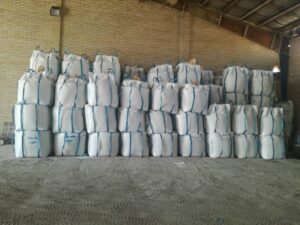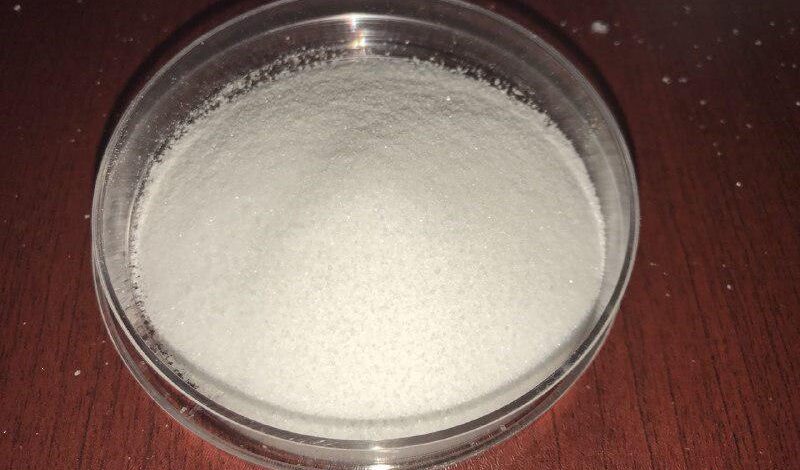A Gateway to Global Trade
The Middle East is widely recognized for its oil and gas wealth, but it is also a significant player in the mineral sector. With abundant reserves of gypsum, barite, bentonite, phosphate, and industrial stones, the region is emerging as a global hub for raw materials. The biggest mineral market in the Middle East supports industries such as construction, ceramics, oil drilling, and agriculture while offering suppliers and buyers competitive opportunities.

Why the Middle East Is a Strategic Mineral Hub
The Middle East’s mineral strength comes from three main factors. First, the region has abundant deposits of high-quality industrial minerals. Second, it enjoys a central geographic location, making exports efficient to Asia, Europe, and Africa. Third, strong infrastructure and ports allow for large-scale trade.
Key minerals include:
-
Gypsum and limestone – vital for cement and construction industries
-
Barite and bentonite – essential for oil well drilling and detergent production
-
Phosphate – widely used in fertilizers and agriculture
-
Industrial stones and aggregates – critical for large-scale infrastructure projects
Together, these resources make the region an attractive market for both exporters and importers.
Biggest Mineral Markets in the Middle East by Country
1. Saudi Arabia
Saudi Arabia leads the mineral sector with large gypsum, barite, and phosphate reserves. Its Vision 2030 initiative is also driving massive investments in mining.
2. United Arab Emirates (UAE)
The UAE has become a key trading hub, importing and exporting minerals across global markets. It is especially active in limestone, aggregates, and industrial stones.
3. Oman
Oman is known for gypsum, chromite, and limestone exports. Its proximity to major shipping routes gives it a strong competitive advantage.
4. Iran
Iran holds vast reserves of bentonite, barite, and gypsum. Despite trade challenges, it remains a significant supplier to nearby countries.
5. Jordan
Jordan is a leading exporter of phosphate, which supports agriculture worldwide. Its mineral sector contributes strongly to the country’s economy.
Commercial Benefits of the Middle Eastern Mineral Market
The biggest mineral market in the Middle East provides numerous commercial benefits. First, buyers gain access to high-purity minerals that meet international standards. Second, the region offers competitive prices, supported by large reserves and efficient mining. Third, well-established logistics infrastructure ensures smooth exports to global destinations.
For suppliers, the Middle East presents strong demand from growing industries such as oil drilling, construction, and fertilizers. For importers, sourcing from this region guarantees both quality and long-term reliability.
Future Outlook of the Middle East Mineral Industry
The mineral industry in the Middle East is expected to grow rapidly. On one hand, infrastructure development and urban expansion are driving demand for gypsum, limestone, and aggregates. On the other hand, the global shift toward renewable energy and advanced materials is creating new opportunities for barite, bentonite, and phosphate suppliers.
Therefore, the biggest mineral market in the Middle East is not just a regional powerhouse but also a vital part of the global supply chain. Businesses that build partnerships here will secure long-term advantages.

